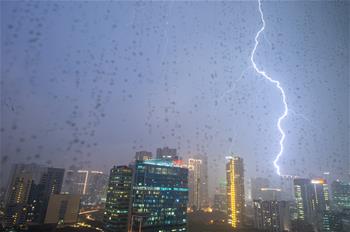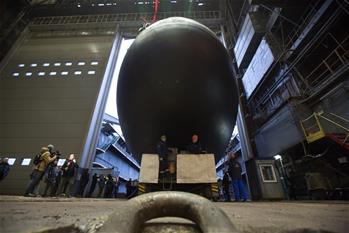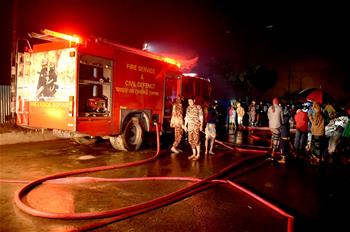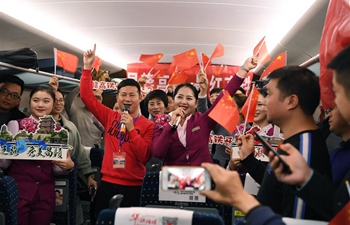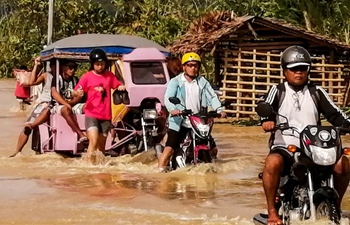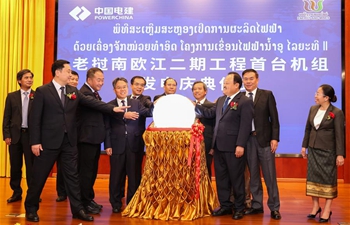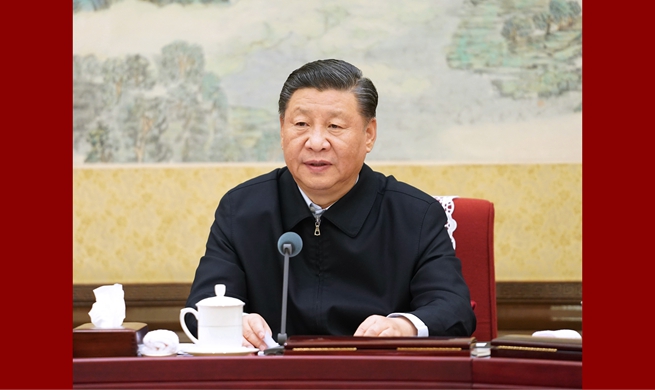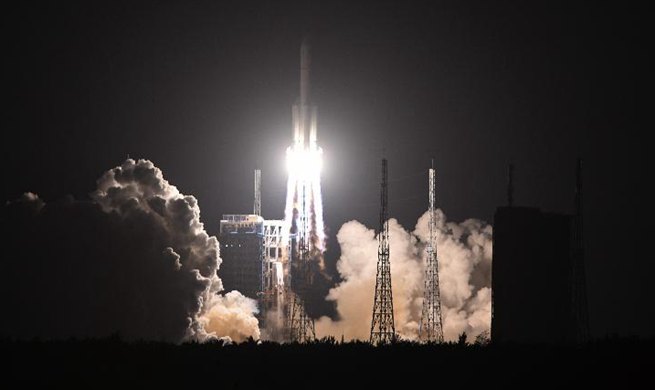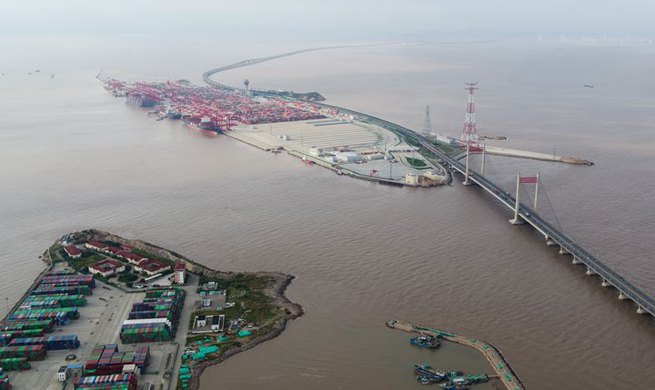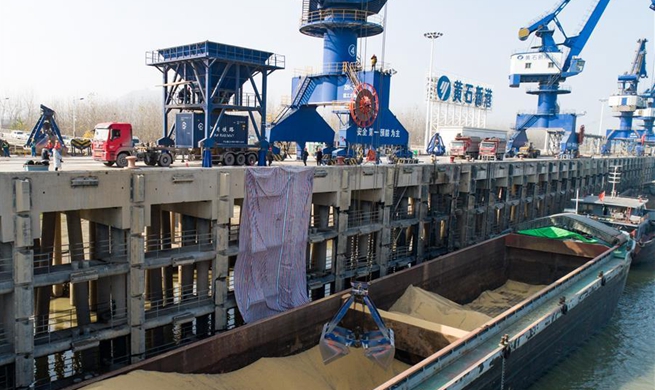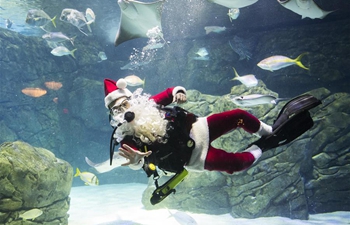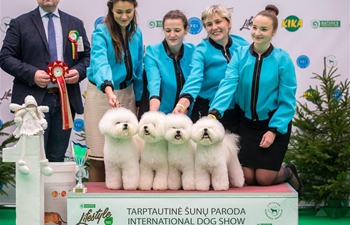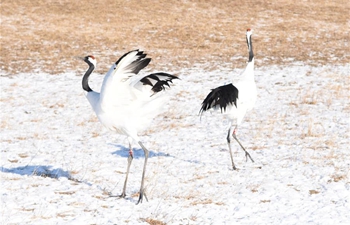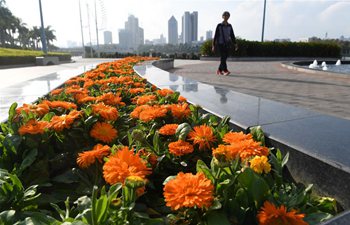By Zhang Rongfeng
CHIFENG, China, Dec. 28 (Xinhua) -- Organizers of the Chinese National Winter Games have been making efforts to tap foreign expertise in the running of the quadrennial event as the Alpine skiing competition kicked off here on Saturday.
Hansjorg Plankensteiner, the Italian head coach of the Chinese Alpine skiing national team, has been appointed as the event technical director, and Gunther Gerhard from Austria is in charge of the flag pole design.
According to Guo Junchang, the chief umpire of the Alpine skiing race, they were invited to the Games by the organizing committee in order to stage a top-level event, meeting the criteria of the International Ski Federation (FIS).
"China is less experienced in Alpine skiing, so we invited top specialists from abroad to guarantee world-class organization," said Guo on Saturday.
"The top technical experts can upgrade the level of the Games. We are organizing domestic games in line with the standard of FIS and this will be helpful to attract more FIS events to China. The quality organization will benefit the skiers and also the development of the sport in China," he added.
Nicola Paulon, manager of Snowsport South Tyrol Italy, a sports management company, is also active at the Mylin Vally Ski Resort, the site of the Alpine skiing competition for the National Winter Games. He is working here in the company of two foreign coaches of China's Xinjiang Uighur Autonomous Region team. Marin Simari from Argentina and Massimiliano Valcareggi from Italy, who are employees of Snowsport South Tyrol Italy, were hired as coaches of Xinjiang in April.
Snowsport South Tyrol Italy has been carrying out business in China since last year. "I had cooperation with China on children training at Wanlong Ski Resort in Hebei province last year," said Paulon, who had participated in four Olympic Games in his nearly 20-year coaching career.
Paulon then won a big project from China on the Alpine skiing national team training, which ended in April. "We trained about 50 athletes, transformed to Alpine skiing from other sports, for China last snow season. That's a big project and pleasant cooperation."
During the period, Paulon got an offer from Xinjiang and he sent Simari and Valcareggi, both of whom had the experience of competing at the Winter Olympics, to help China's west region to improve on Alpine skiing.
"We're interested in the Xinjiang team, especially the boys, in good physical conditions, highly motivated. I chose the two coaches (Simari and Valcareggi) from Argentina and Italy, why I choose the two? They're not only good coaches, but they are also very good demonstrators," said Paulon, who had been working at FIS for six years.
"The athletes in Xinjiang, they don't have much experience, they need good demonstrators."
Paulon's experience at FIS paved his way to seek business opportunities in China. "After the Sochi Olympics, every year at FIS, Chinese had come, to get information, to learn how to do things right. I met more and more Chinese at FIS technical meetings. These contacts with them helped me learn a lot about China and business potential in China."
Nearly 10 other foreigners working as coach or staff for the participating teams of Alpine skiing race are now serving at Mylin Valley Resort, where three events - giant slalom, slalom, and team - will be competed. They are from European countries, America or South Korea.
To Paulon, the local teams are building up the base of the national team. "The level of the regional team is very important, if we can improve the regional teams, the national team will be improved a lot," said Paulon, who owns the Kronplatz Racing Center, a top ski club based in Dolomiti, Italy.
Paulon suggested China put more effort into children's promotion and he is optimistic about China's Alpine skiing. "What's missing in China is the level of children, to work much more on children if you want to have a bright future, maybe not in the quite near future, four to five years, China can have athletes capable of competing at the World Cup," he said.
"I saw some children in Wanlong, they are already at a good level. I'm optimistic about Chinese skiers. I think in the next five-six years, you can have a lot of athletes competing at the 2026 Olympics after Beijing 2022 in Italy."




